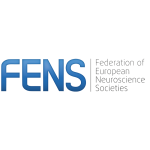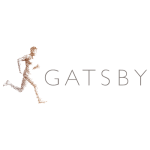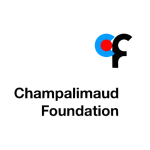Course overview
Computational Neuroscience is a rapidly evolving field whose methods and techniques are critical for understanding and modelling the brain, and also for designing and interpreting experiments. Mathematical modelling is an essential tool to cut through the vast complexity of neurobiological systems and their many interacting elements.
This course teaches the central ideas, methods, and practices of modern computational neuroscience through a combination of lectures and hands-on project work. During the course’s mornings, distinguished international faculty deliver lectures on topics across the entire breadth of experimental and computational neuroscience. For the remainder of the time, students work on research projects in teams of 2 to 3 people under close supervision of expert tutors and faculty. Research projects are proposed by faculty before the course, and include the modeling of neurons, neural systems, and behavior, the analysis of state-of-the-art neural data (behavioral data, multi-electrode recordings, calcium imaging data, connectomics data, etc.), and the development of theories to explain experimental observations.
Course directors
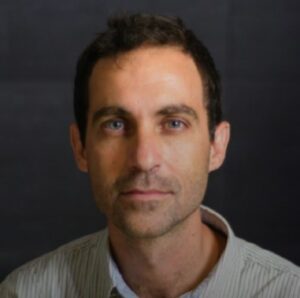
Alfonso Renart
Course Director
Champalimaud Research, Portugal
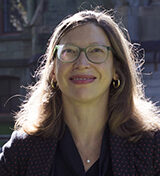
Maria Geffen
Course Director
University of Pennsylvania, USA
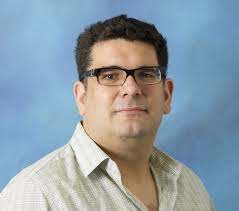
Brent Doiron
Course Director
University of Chicago, USA
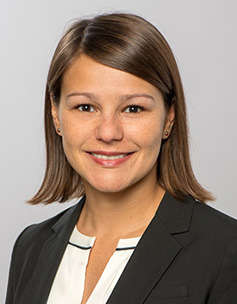
Julijana Gjorgjieva
Course Director
Technical University of Munich, Germany
Keynote Speakers
Rafal Bogacz (Oxford, UK)
Alex Cayco-Gajic (Ecole Normale Superieure Paris, France)
Christine Constantinople (NYU, USA)
Rosa Cossart* (INSERM, Marseille, France)
Adrienne Fairhall (U Washington, USA)
Ken Harris* (UCL, UK)
Gilles Laurent (Max Planck Institute Frankfurt, Germany)
Ashok Litwin-Kumar (Columbia, USA)
Christian Machens (Champalimaud, Portugal)
Jakob Macke (University of Tubingen, Germany)
Srdjan Ostojic (Ecole Normale Superieure Paris, France)
Agostina Palmigiano (UCL, UK)
Joe Paton (Champalimaud, Portugal)
Vanessa Ruta* (Rockefeller University, USA)
Cristina Savin (NYU, USA)
Nate Sawtell (Columbia, USA)
Tim Vogels (IST, Austria)
Omri Barak (Technion, Israel)
Marion Silies (Johannes Gutenberg University, Germany)
(*) to be confirmed
Course content
This course is designed for graduate students and postdoctoral fellows from a variety of disciplines, including neuroscience, physics, electrical engineering, computer science, mathematics and psychology. Students are expected to have a keen interest and basic background in neurobiology, a solid foundation in mathematics, as well as some computing experience. A four-day pre-school in mathematics and programming is offered for students that want to catch up on their math and programming skills.
A maximum of 24 students will be accepted. Students of any nationality can apply. We specifically encourage applications from researchers who work in the developing world. All students will be selected according to the normal submission procedure. Applications will be assessed by a selection committee, based on the following criteria: the scientific quality of the candidate (CV), evidence that the course will afford substantial benefit to the candidate (motivation letter), and the recommendation letters.
Preliminary programme
All days are structured with a lecture during the morning (9 AM-12 PM), and more experimental learning & tutorials during the afternoon 2PM-7PM, followed by discussion.
Week 1
15 - 19 July
-
Introduction and Single Neuron Dynamics
-
Network Dynamics
-
Statistical models of neural data
-
Multivariate neuronal data analysis
-
Normative models
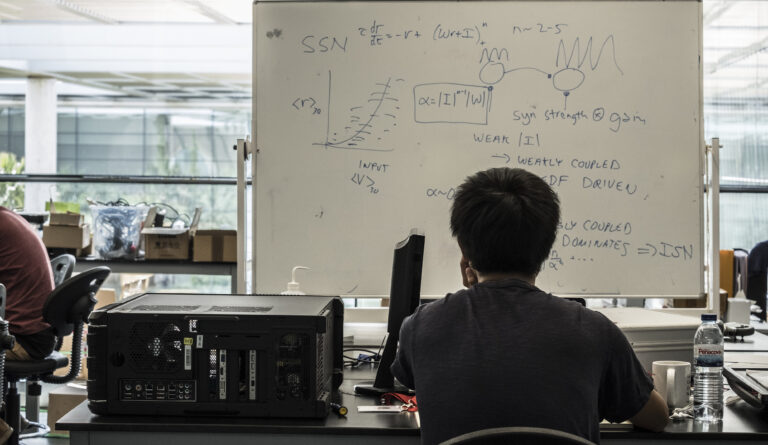
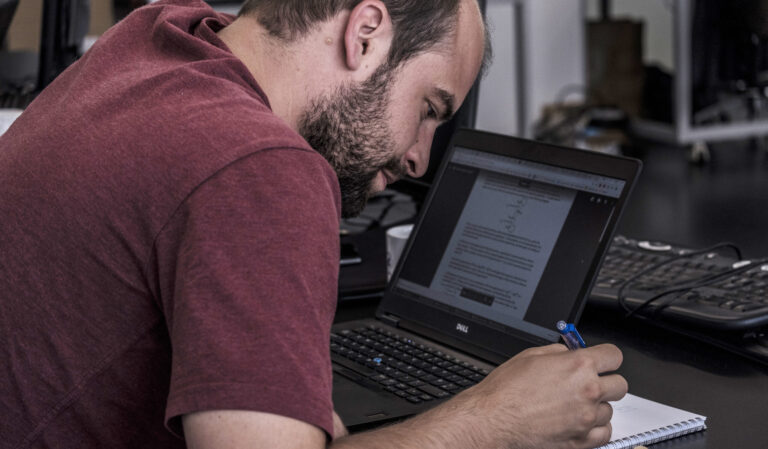
Week 2
22 - 26 July
-
Low dimensional network dynamics
-
Vision and cognition in drosophila
-
Unconventional model systems
-
Population coding and learning
-
Cortical circuits in vision and audition
Week 3
29 July - 2 August
-
Neural Reinforcement learning
-
Decision-making and control
-
Recurrent neural networks and probabilistic computation
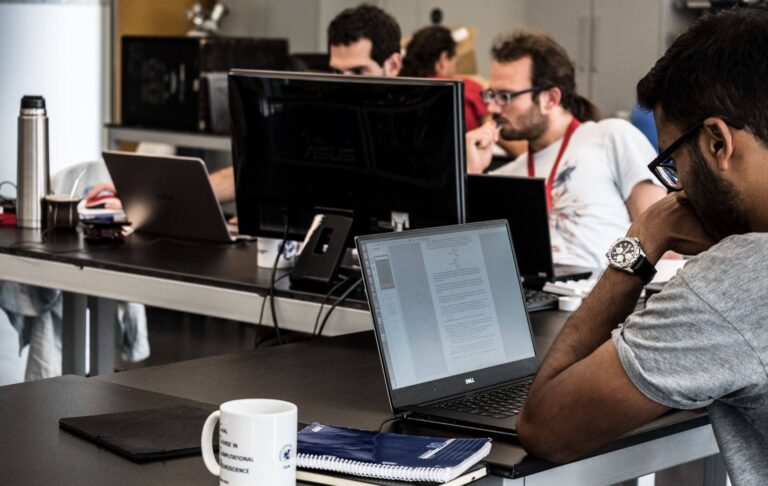
For more information on the course programme, you can visit the past course website.
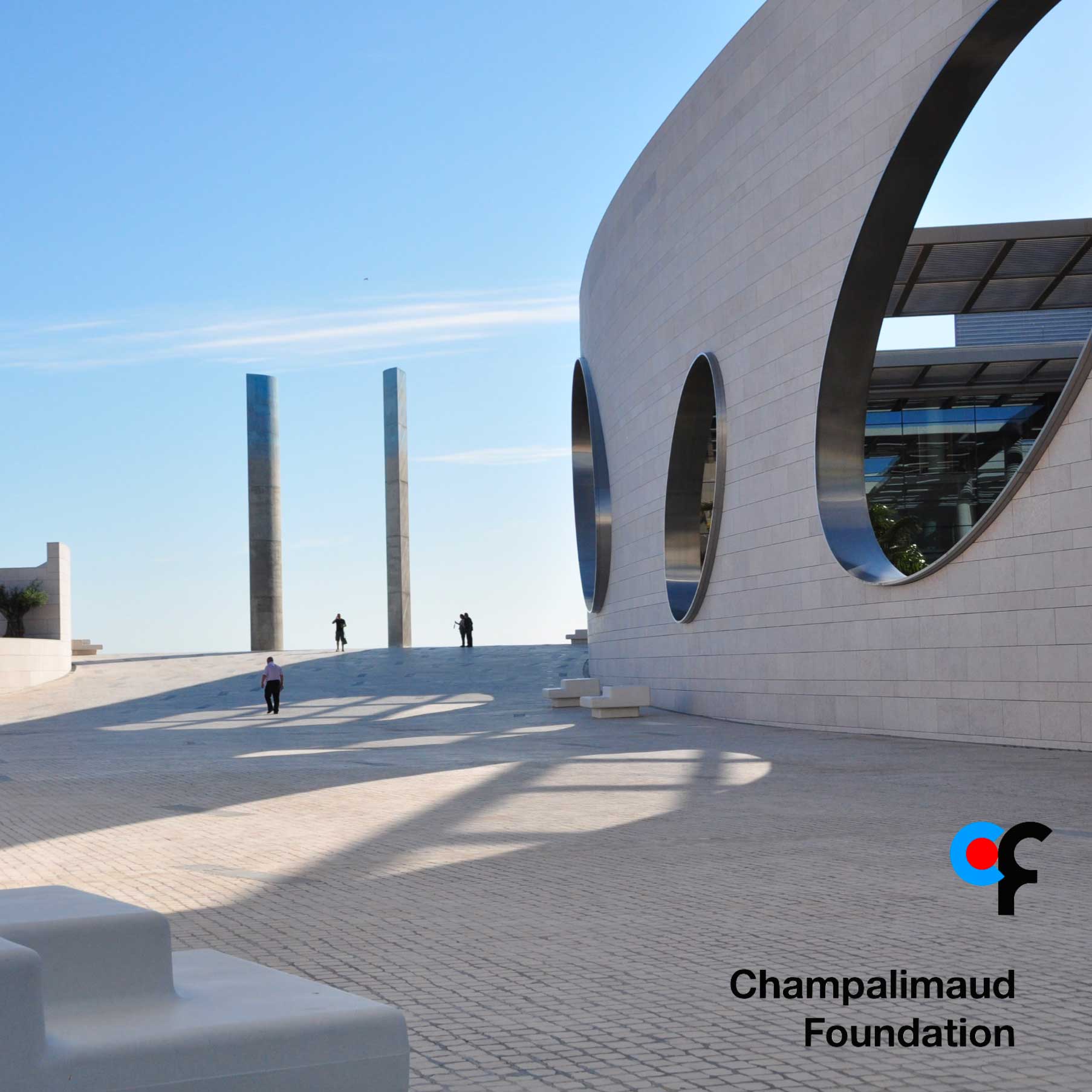
Champalimaud Centre for the Unknown, Portugal
The Champalimaud Foundation is a private, non-profit organization, established in 2005 and dedicated to research excellence in biomedical science. Completed in 2010, the Champalimaud Centre for the Unknown is a state-of-the-art centre that houses the Champalimaud Clinical Centre and the Champalimaud Research, with its three parallel programs – the Champalimaud Neuroscience Programme, the Physiology and Cancer Programme, and the Experimental Clinical Research Programme.
Initially focused on a system and circuit approach to brain function and behavior, the Centre expanded to incorporate molecular and cell biological expertise. The Centre comprises 26 research groups (circa 400 researchers) leading independent curiosity-based research.
Facilities
The Centre provides Facilities dedicated for Training, some in their entirety, for use by the CAJAL Advanced Neuroscience Training Programme. These include the Teaching Laboratory, a fully equipped open lab space for 20-30 students that can be dynamically reconfigured to support a full range of neuroscience courses. It also overlooks, via floor to ceiling windows, a tropical garden and the river. The experimental spaces include: Imaging Lab: A dark-room containing a full size optical table is used for advanced imaging setups (two-photon microscopy, SPIM, etc.) and custom (course-designed) optical systems.
Registration
Fee : 2.950 € (includes tuition fee, accommodation and meals)
Applications closed.
The CAJAL programme offers 4 stipends per course (waived registration fee, not including travel expenses). Please apply through the course online application form. In order to identify candidates in real need of a stipend, any grant applicant is encouraged to first request funds from their lab, institution or government.
Kindly note that if you benefited from a Cajal stipend in the past, you are no longer eligible to receive this kind of funding. However other types of funding (such as partial travel grants from sponsors) might be made available after the participants selection pro- cess, depending on the course.



